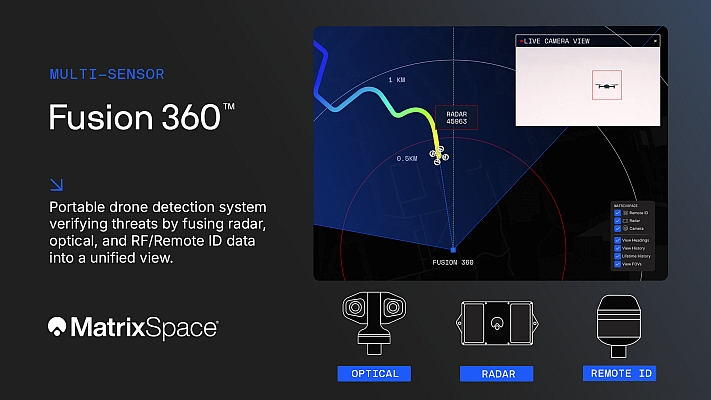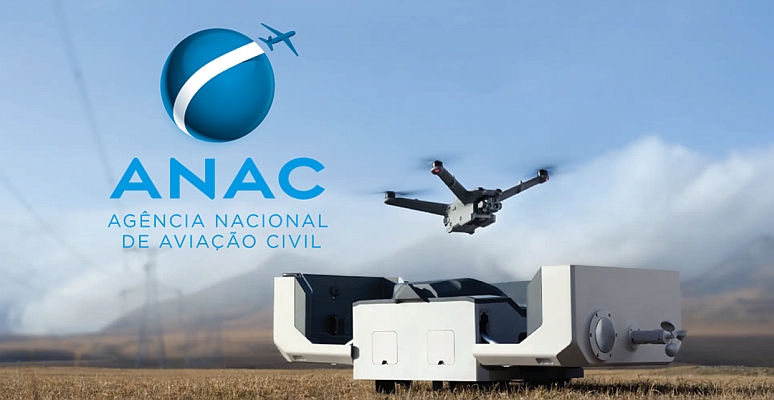The European Commission has launched a quality-assured beta version of the European Data Portal, with more than 240,000 datasets, at the European Data Forum. An international consortium, which is led by Capgemini and of which con terra is a member, is responsible for the implementation.
The European Data Portal (www.europeandataportal.eu) enables fast and simple searching of open data from 34 European countries and supports their systematic onward use. Open data comprises information gathered, generated or purchased by public institutions that may be used, modified and shared freely by anyone. A recently published study by Capgemini Consulting estimates the immediate market volume for open data within Europe over the next five years at 325 billion euros. The European Commission aims to use the European Data Portal to simplify access to this data, in order to more successfully tap into its enormous economic potential. However, state administrations, research institutes and the general public also stand to benefit from open data, thanks to the optimised administrative processes, increased transparency and improved possibilities for participation associated with it.
Geo Open Data
The majority of economic, scientific and socio-political questions possess some kind of spatial reference. For this reason alone, the geographical component of the European Data Portal takes on special significance. In this context, con terra GmbH is contributing the extensive experience that it has amassed in the construction of national and international spatial data infrastructures to the construction of the portal. In close cooperation with Fraunhofer FOKUS, con terra gas has developed so-called harvesting mechanisms for discovering metadata from a variety of geo data sources. They work by combing the databases of member states for open datasets on a regular basis and incorporating them in a quality-assured manner in the European Data Portal. The 31 national catalogues of the EU-wide spatial data infrastructure INSPIRE as well as the catalogues of trans-regional satellite data providers are deserving of particular mention in the geo sector. Thanks to the use of harvesting procedures, it is then possible to make data from local authorities, federal states or countries centrally accessible without multiple gathering of datasets.
By mapping into the DCAT-AP profile – a transdisciplinary metadata exchange format for EU data portals – the exchange and reuse of EU member states’ spatial data and that of other European countries can be simplified and their quality improved. Moreover, all metadata is automatically translated during harvesting. For example, French metadata is automatically translated to German and vice versa, to simplify the Europe-wide search for data.
Another feature available from the portal is the search for place names, for the purpose of simplifying the discovery of datasets by means of spatial search criteria. To this end, con terra employs the smart.finder, a solution that allows rapid discovery and structured access to extensive, heterogeneous datasets. The basic data is drawn from such sources as the geographical names according to INSPIRE Annex I and open data from geonames.org, which are harmonised and combined with the aid of the FME spatial data hub. The INSPIRE-compliant OGC Web Feature Service that has recently been made available by the Federal Agency for Cartography and Geodesy (BKG) is also used for geographical names in the construction of this so-called gazetteer.
The user is presented with an initial preview of the spatial data when he enters the portal. To form the preview, data from services created under INSPIRE (OGC WMS) as well as spatial data from the widespread Community Standard GeoJSON is loaded dynamically and visualised on background maps from the Eurostat Statistical Atlas, which in turn are provided by ArcGIS for Server from Esri. The client framework map-apps for e-government processes, SDI solutions and portals from con terra forms the technological basis of the geographical presentation of locally provided portal content.

Feedback from the beta phase
The provision of the beta version represents the European Data Portal’s first public phase. The main aim is to obtain feedback from the public to allow onward development of the multi-million-euro project within the consortium, in accordance with requirements. Besides Capgemini, the consortium comprises the following partners and subcontractors: con terra, Fraunhofer FOKUS, Intrasoft International, The Open Data Institute, Sogeti, time.lex and the University of Southampton.
con terra is extremely glad to have this opportunity to contribute as an expert in geo open data to this economically, scientifically and socio-politically important project of the future. The aim is to simplify public access to data on all administrative levels and to find the best possible way of tapping into the data’s potential, supported by geo expertise.
Source: GISuser






